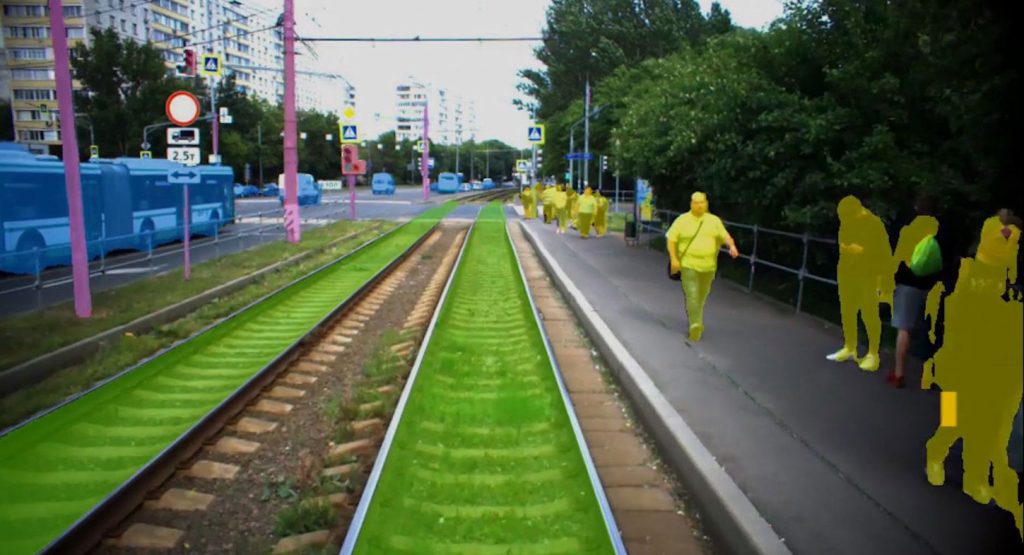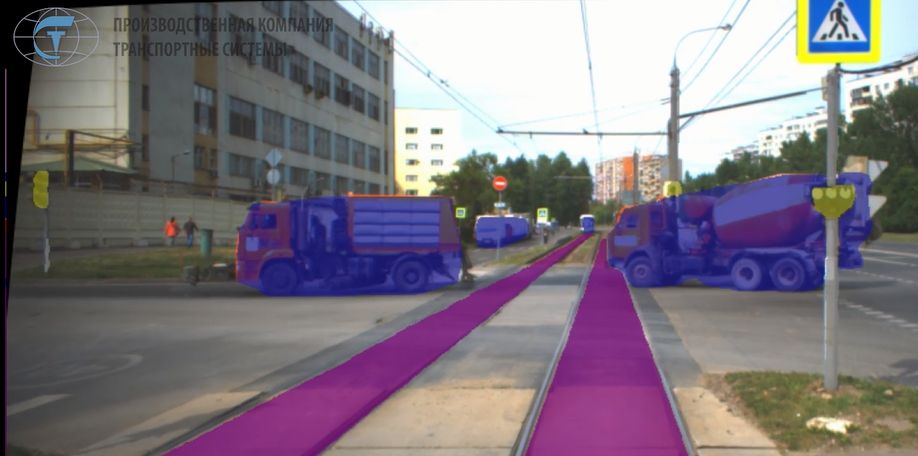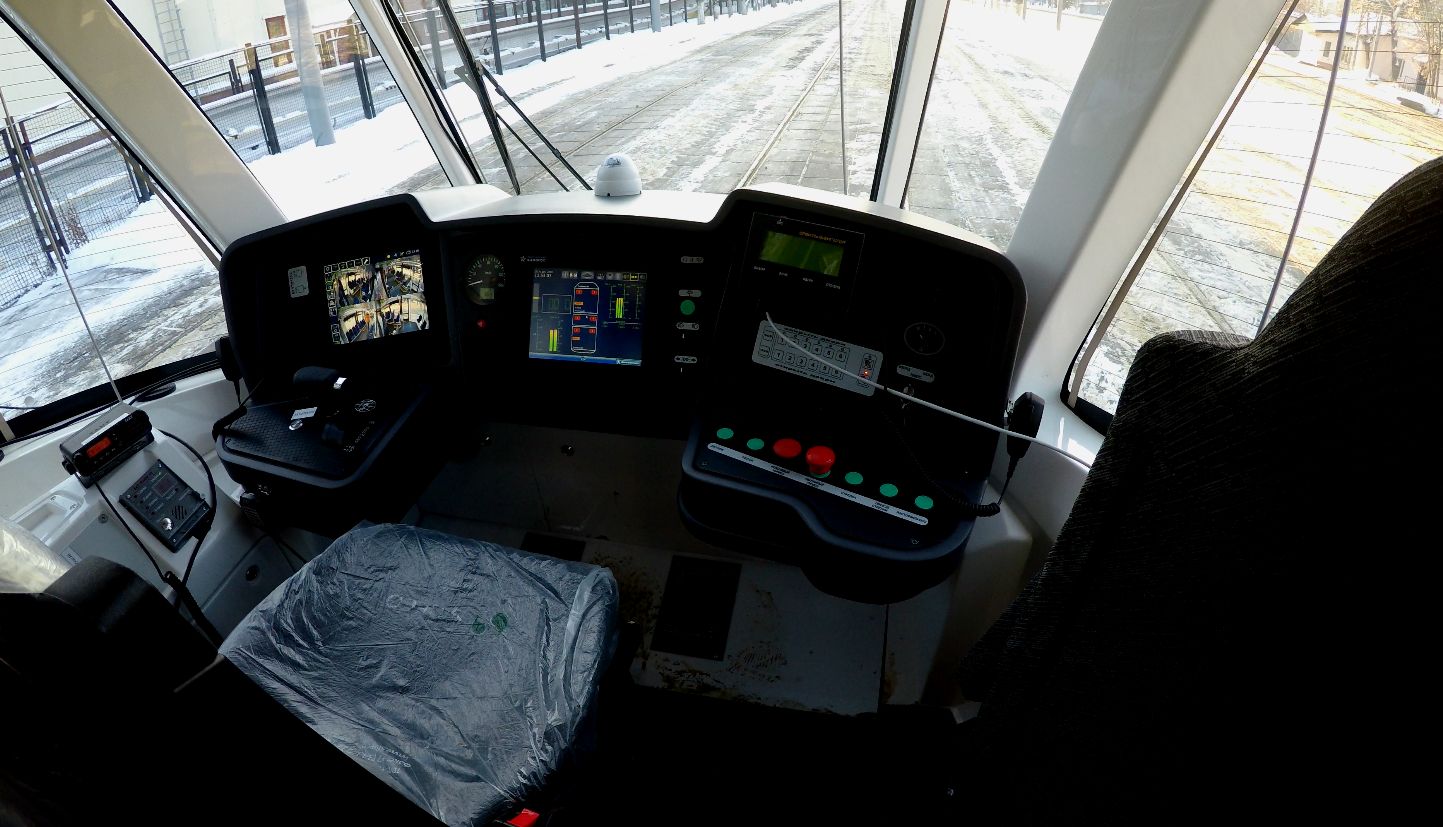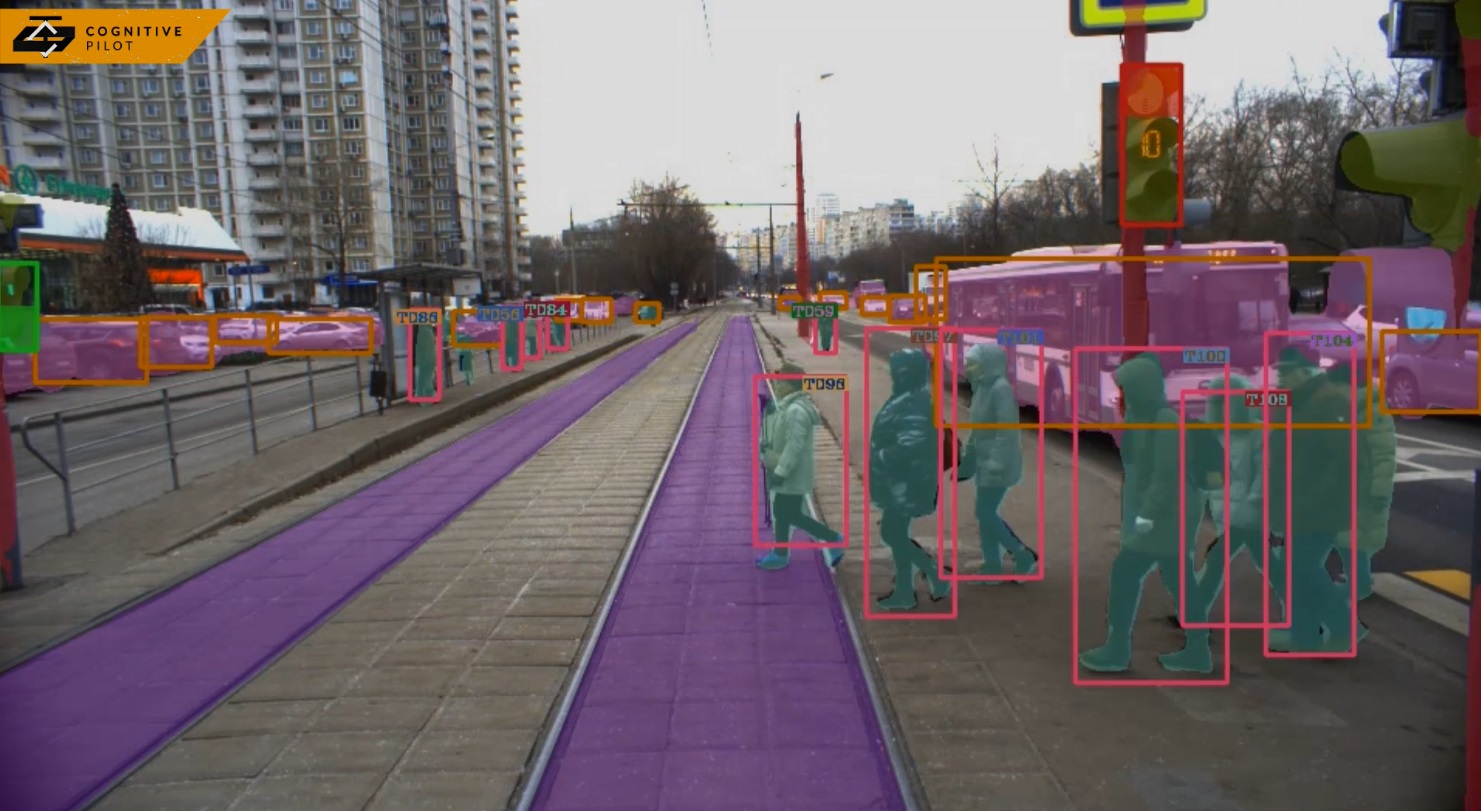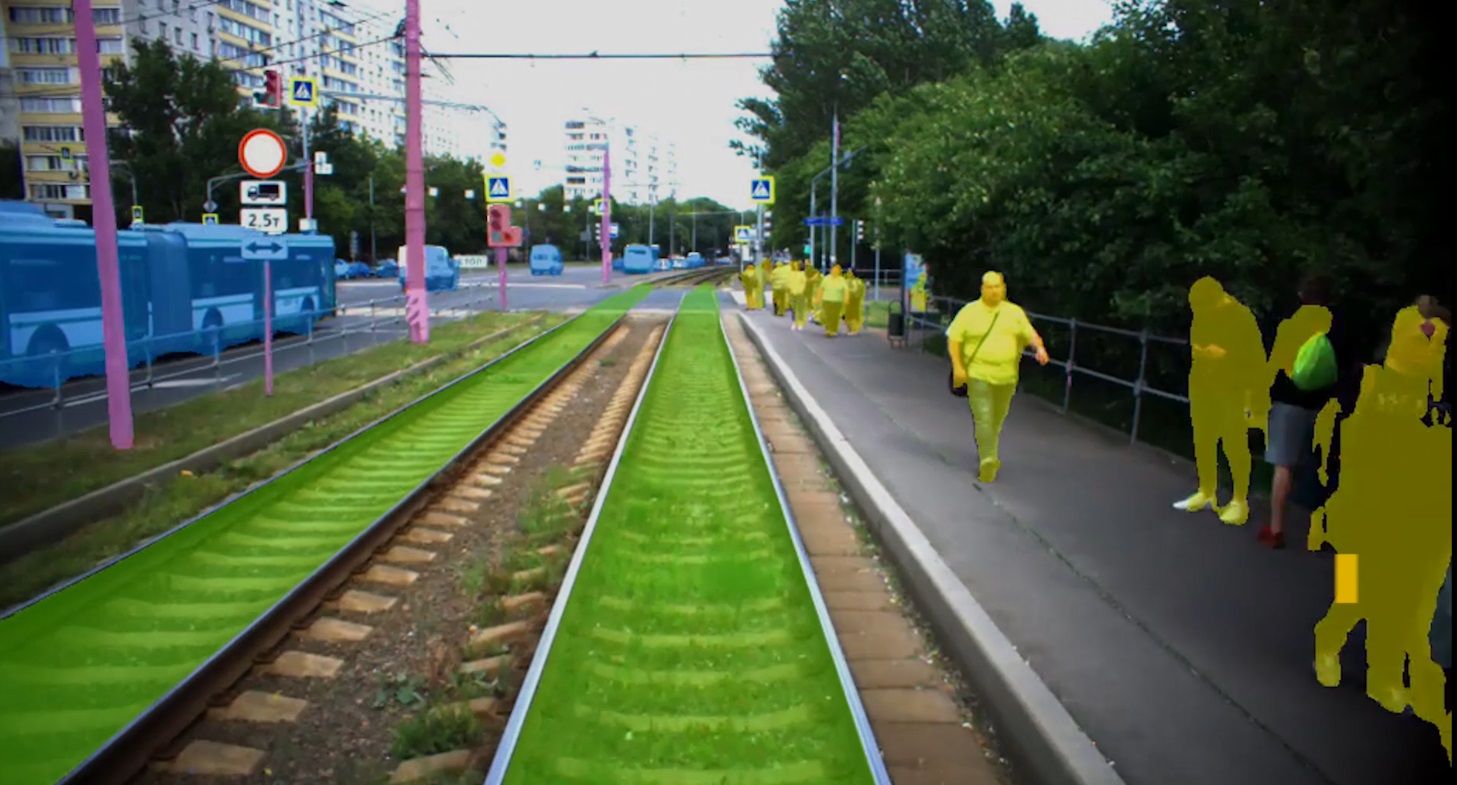We may have to wait a while until self-driving cars become the norm but fully autonomous mass transit will happen sooner than you think.
The Chinese metropolis of Shanghai will soon benefit from an AI-based computer vision system for urban trams featuring autonomous control and movement. The project is being developed by Chinese urban rail transit signaling system provider FITSCO (Shanghai Fuxin Intelligent Transportation Solutions Co) and Russia’s Cognitive Pilot.
The latter is an autonomous driving technology joint venture of Sberbank and Cognitive Technologies Group. The joint AI-based solution is said to increase the level of safety and efficiency of public transport. “The new technology will reduce the number of transport accidents in the city and will minimize their dependence on the human factor”, says Jack Wu, CEO of FITSCO.
Read Also: The Kubota X Tractor AI Robot Is One Machine Gun Away From Starting Judgement Day
The joint project will consist of R&D, testing and commercialization stages. The result of the first stages will be the development of AI-based Advanced Driver Assistance System (ADAS).
“In the absence of a proper reaction from the driver, the tram will automatically control its speed and will brake in front of the obstacles. During all the upcoming tests, the tram operator will still be in the cab, but he will act as a safety controller,” explains Olga Uskova, CEO of Cognitive Pilot. The goal is to have a fully autonomous prototype in the nearest future by gradually increasing the AI level of the tram autopilot.
Last year, Cognitive Pilot has also started a joint project with Russian tram manufacturer ‘PC Transport Systems’ for the development of an autonomous tram in Moscow.
According to the Russian company, the autonomous driving system “confidently detects vehicles and other trams, traffic lights, pedestrians, tram and bus stops, railway switches and various obstacles.” The tram is also able to stop in front of the obstacles, maintain a safe distance to the cars ahead, accelerate and stop.
Moscow’s fully autonomous tram is expected to enter service in 2021-2022.



